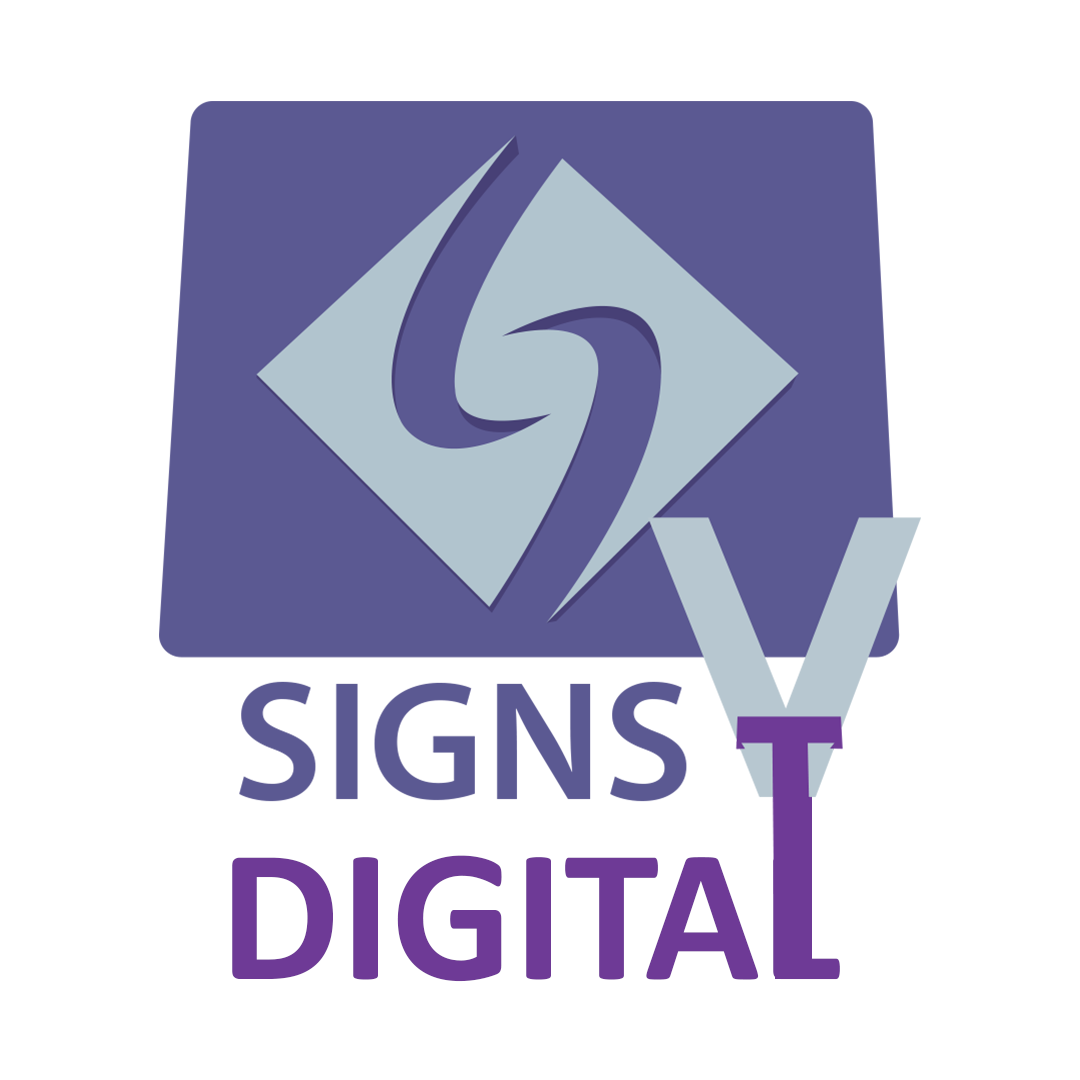Why Supporting Breastfeeding Mothers With Disabilities Matters

Caption: Photo courtesy
World Breastfeeding Week 2025, which was recently observed under the topic "Prioritize Breastfeeding: Create Sustainable Support Systems," brought to light the need for supporting breastfeeding moms with disabilities, who frequently face unique challenges and require tailored support.
While breastfeeding is a deeply personal and often challenging journey for any new mother, for those with physical, sensory, cognitive, or mental health disabilities, the path can present additional hurdles.
However, despite these potential obstacles, breastfeeding offers distinct advantages for mothers with disabilities. It can provide convenience, an accessible feeding method, and immense bonding opportunities.
As Signs TV continues to mark World Breastfeeding Week, we celebrate the incredible strength, determination, and creativity of these mothers and underscore the vital need for inclusive, understanding, and accessible support systems.
Breast milk is widely hailed as nature's perfect food. It provides all the essential nutrients, antibodies, and enzymes a baby needs for the first six months of life and continues to offer significant benefits alongside complementary foods for up to two years and beyond.
Health experts emphasize that these benefits extend equally to mothers. Breastfeeding helps the uterus return to its pre-pregnancy size more quickly, reduces the risk of postpartum bleeding, and offers protection against certain cancers, including breast and ovarian cancer, as well as type 2 diabetes and heart disease. Beyond the physical, it also fosters a unique and powerful bond between mother and child, promoting emotional well-being for both.
While the desire to breastfeed is strong, mothers with disabilities may face unique challenges, such as reduced movement, strength, or chronic discomfort, making it difficult to establish appropriate positions, hold the baby, or even use a breast pump.
Breastfeeding can comfortably be achieved when these mothers experiment with various breastfeeding positions; for instance, laid-back breastfeeding, where the mother reclines and gravity assists in positioning the baby, can be particularly helpful and reduce physical strain.
They can also utilize pillows, adapted seating, or even simple rolled-up towels for crucial support for both mother and baby, ensuring comfort and promoting a proper latch. For those who find direct latching difficult, breast pumps offer an excellent way to provide breast milk while managing physical needs.
SignsTV encourages healthcare providers, families, and communities to recognize and actively address these needs, ensuring that every mother has the sustainable support systems necessary to embark on her breastfeeding journey successfully.
Tags: Ncpwds Signstv World Breastfeeding Week
Related
Share this article
Experienced and versatile writer, dedicated to using my exceptional writing and editing skills to inform and advocate. My work focuses on educating and entertaining readers on a range of topics, with a particular expertise in matters of disability.
View articles

